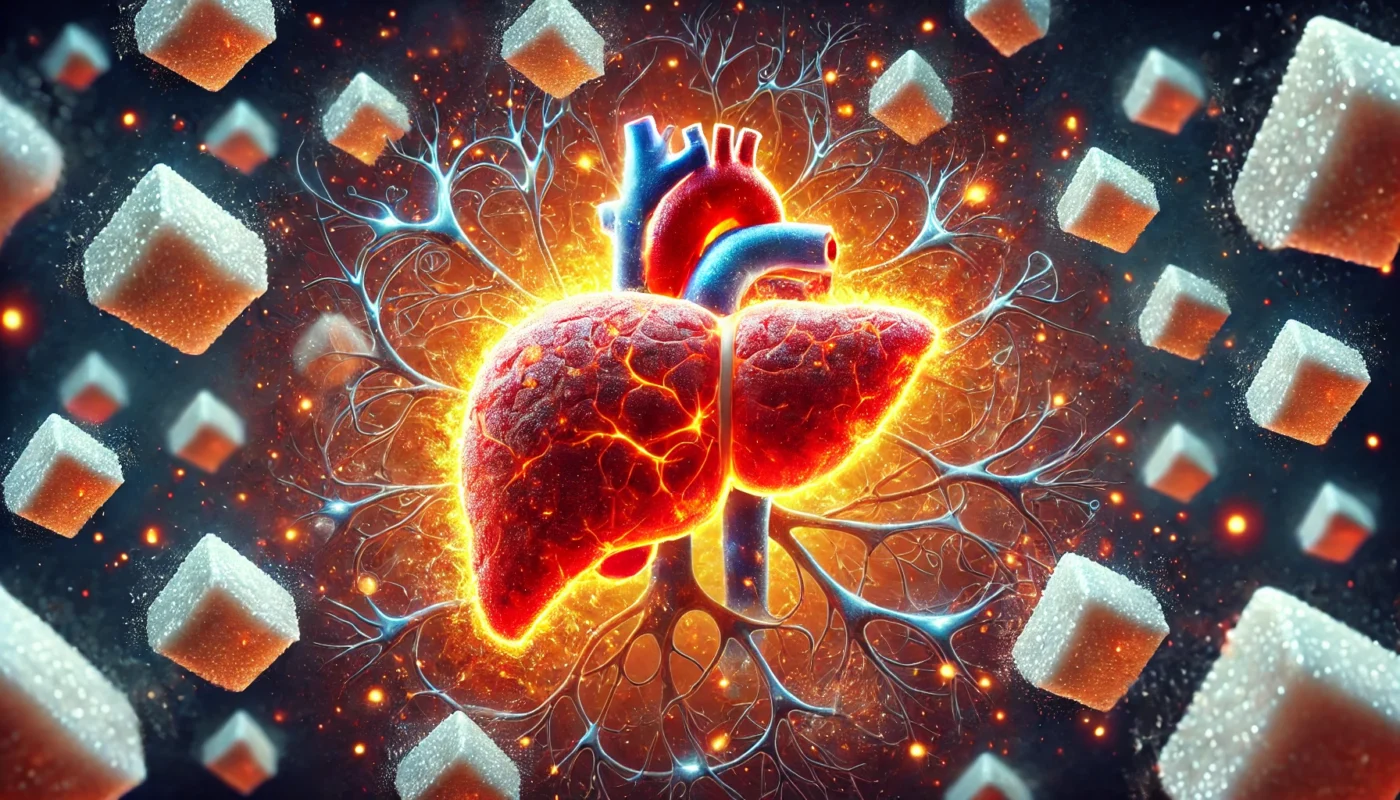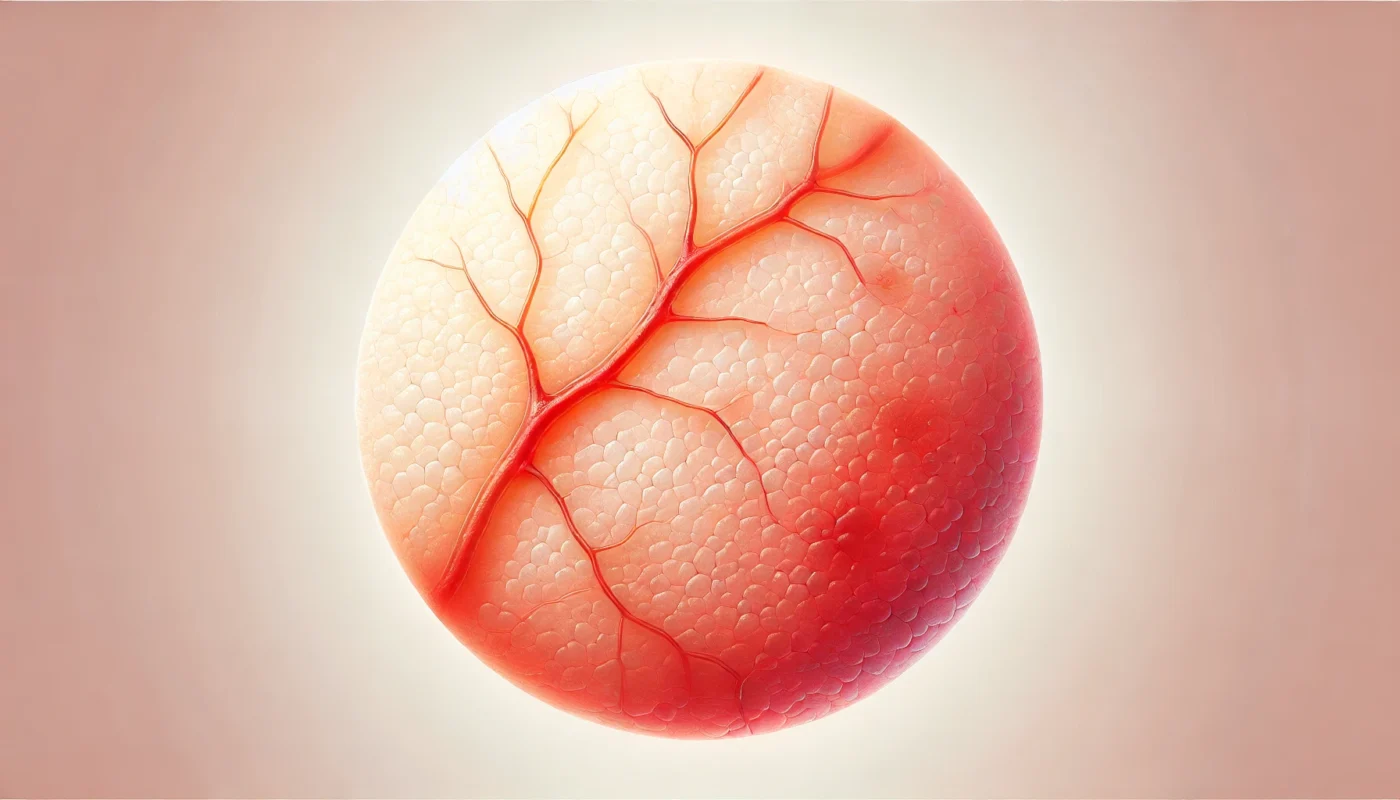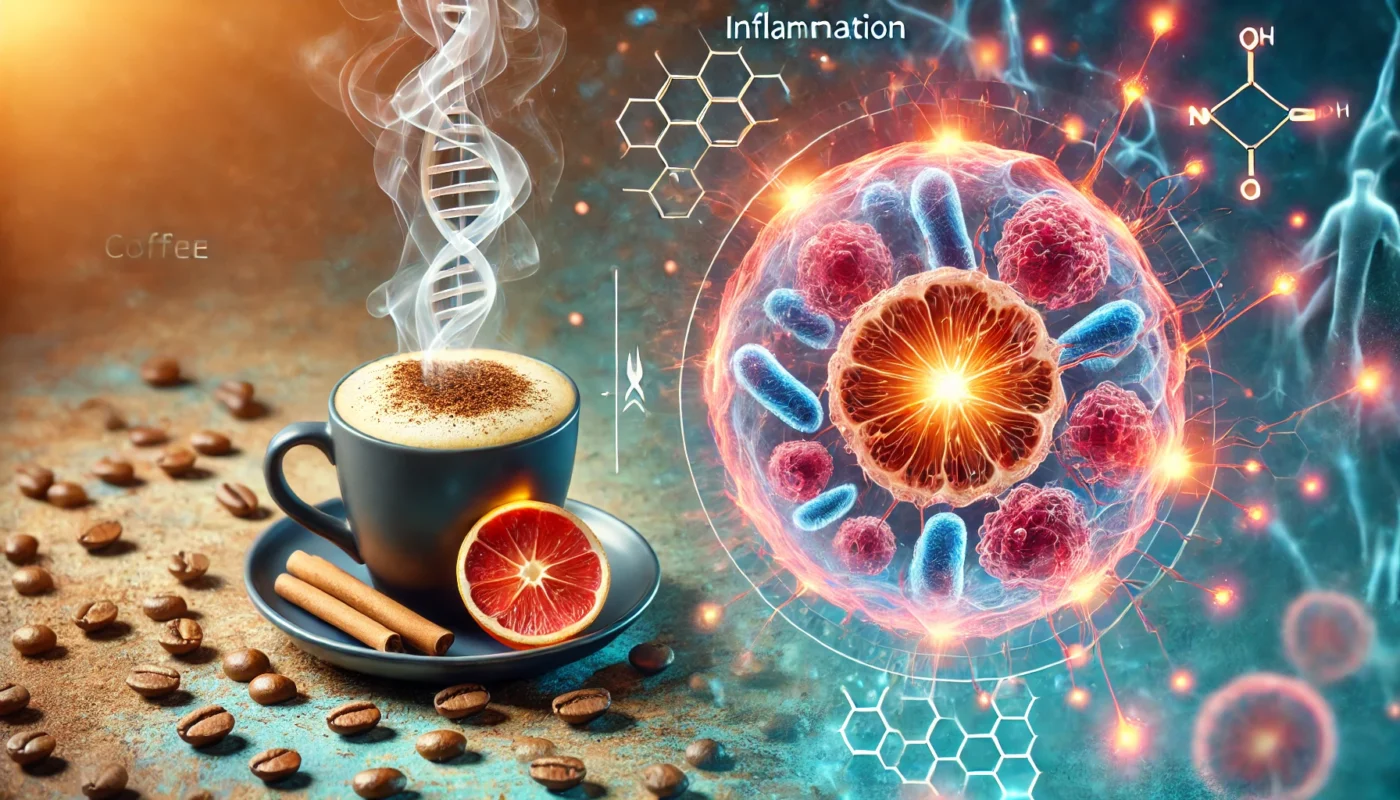Inflammation is the body’s natural response to injury or infection. It is a crucial part of the immune response, essential for healing and fighting off pathogens. When the body senses harmful stimuli, such as pathogens, damaged cells, or irritants, it triggers an inflammatory response to protect itself.
Tag Archives: Wellness
Inflammation is the body’s way of protecting itself from infection, illness, or injury. It is a complex biological response to harmful stimuli such as pathogens, damaged cells, or irritants. Essentially, inflammation is the body’s attempt to heal itself after an injury, defend itself against foreign invaders, such as viruses and bacteria, and repair damaged tissue.
The question “Is sugar inflammatory?” is crucial for anyone keen on optimizing their health. Understanding the inflammatory nature of sugar involves exploring its biochemical effects and the broader health implications. Scientific research has increasingly shown that sugar can indeed trigger inflammatory responses in the body.
Holistic health focuses on treating the whole person—mind, body, and spirit—rather than just the symptoms of a disease. This approach considers physical, emotional, social, and spiritual wellness as interconnected and essential for overall health.
The concept of inflammation has been around since ancient times, with the Roman writer Celsus first describing the “cardinal signs” of inflammation: heat, redness, swelling, pain, and loss of function. Each of these signs serves as a vital communication tool, indicating how the body is responding to injury or infection. Let’s delve into each of these five cardinal signs, explore their significance, and discuss how they can guide us in managing inflammation holistically.
For many of us, coffee is an indispensable part of our daily routine. It’s the morning pick-me-up, the afternoon energy booster, and sometimes, even an evening indulgence. Beyond its beloved role as a caffeine fix, coffee has been the subject of extensive research, particularly concerning its impact on inflammation. So, is coffee an anti-inflammatory food, or does it contribute to inflammation? Let’s delve into the science behind coffee and its effects on our body’s inflammatory processes.
Inflammation is a natural response by the body’s immune system to injury or infection. While acute inflammation is beneficial and a necessary part of the healing process, chronic inflammation can wreak havoc on your health. It is linked to several chronic diseases and conditions, making it imperative to address through dietary and lifestyle changes.
Inflammation is a protective mechanism that helps the body heal from injuries and fight infections. When the body detects a threat, the immune system releases white blood cells to the affected areas, resulting in redness, heat, and swelling. While this response is beneficial in the short term, chronic inflammation can cause lasting damage to healthy tissues and organs. It is linked to a variety of diseases, including arthritis, heart disease, and even cancer.
Chest inflammation can be a perplexing condition, often leaving many individuals searching for answers on how to alleviate its discomforting symptoms. As an expert in health and wellness, I’m here to demystify this topic, providing you with a comprehensive overview of the causes and symptoms of chest inflammation, along with practical advice on how to manage and reduce it effectively.
The anti-inflammatory diet is not a strict regimen but rather a way of selecting foods that support your body’s natural defense mechanisms. It emphasizes whole, unprocessed foods while minimizing consumption of refined sugars, processed meats, and unhealthy fats. The goal is to include a variety of fruits, vegetables, whole grains, lean proteins, and healthy fats.










